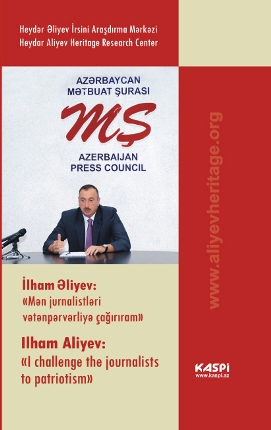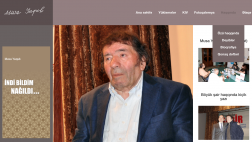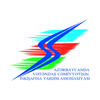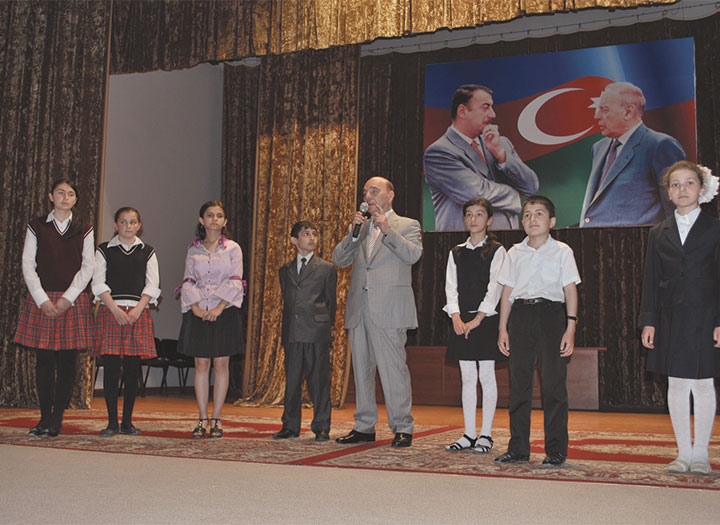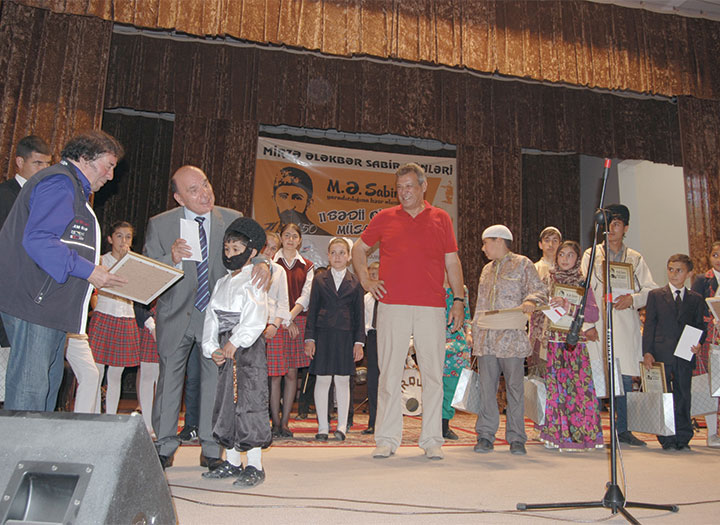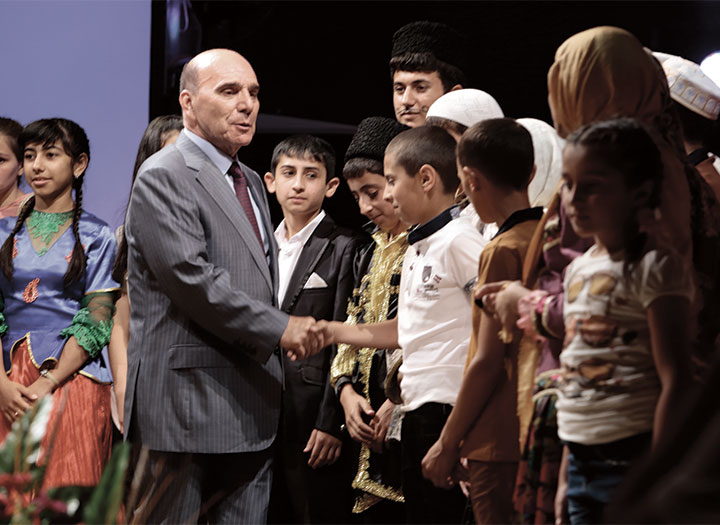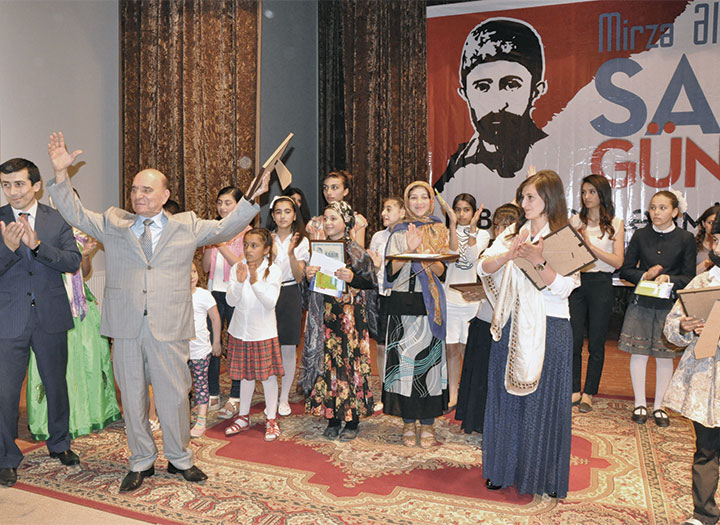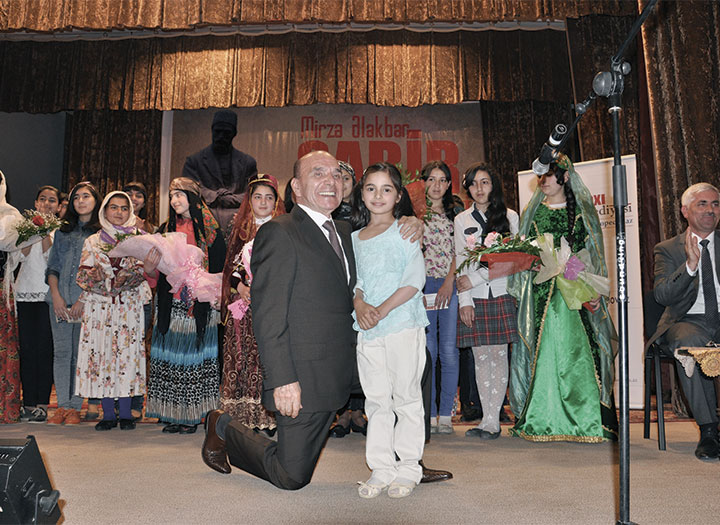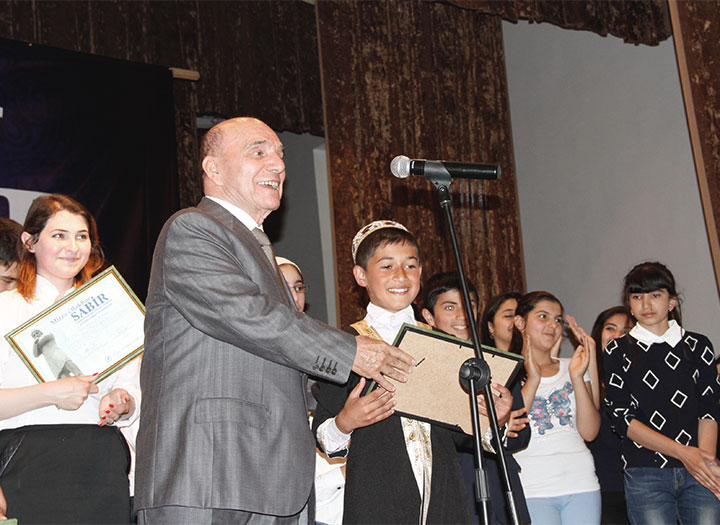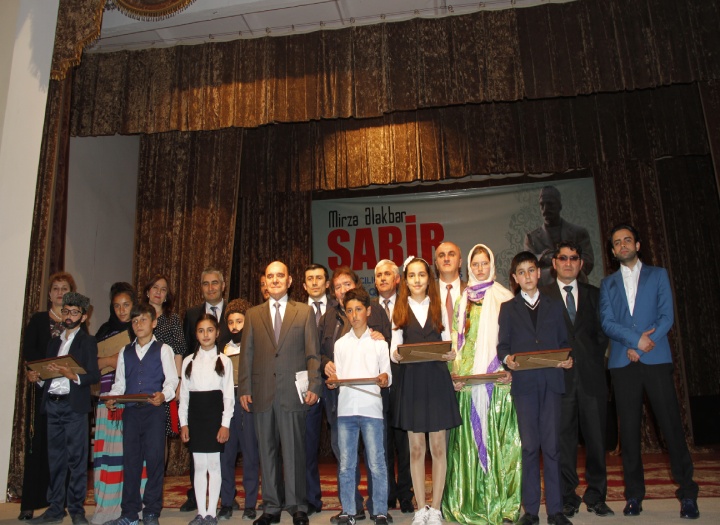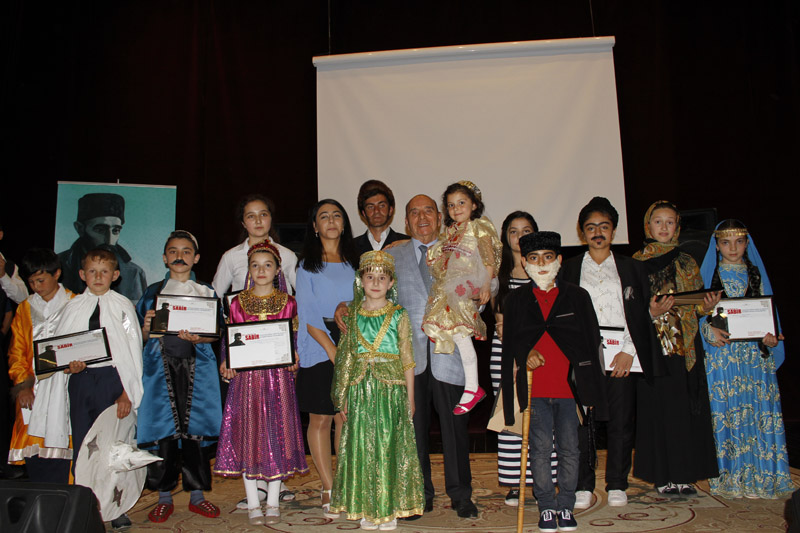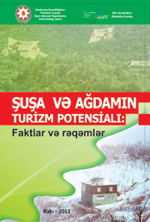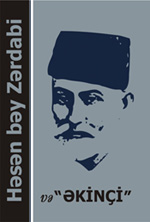CSCE VIENNA FOLLOW-UP MEETING
(extracts)
Co-operation in Humanitarian and Other Fields
Information:
(34) They [The participating States] will continue efforts to contribute to an ever-wider knowledge and understanding of life in their States, thus promoting confidence between peoples.
They will make further efforts to facilitate the freer and wider dissemination of information of all kinds, to encourage co-operation in the field of information and to improve the working conditions of journalists.
In this connection and in accordance with the International Covenant on Civil and Political Rights, the Universal Declaration of Human Rights and their relevant international commitments concerning seeking, receiving and imparting information of all kinds, they will ensure that individuals can freely choose their sources of information. In this context they will
• ensure that radio services operating in accordance with the ITU [International Telecommunication Union] Radio Regulations can be directly and normally received in their States, and
• allow individuals, institutions and organizations while respecting intellectual property rights, including copyrights, to obtain, possess, reproduce and distribute information material of all kinds. To these ends they will remove any restrictions inconsistent with the above mentioned obligations and commitments.
(35) They will take every opportunity offered by modern means of communication, including cable and satellites, to increase the freer and wider dissemination of information of all kinds. They will also encourage co-operation and exchanges between their relevant institutions, organizations and technical experts, and work towards the harmonization of technical standards and norms. They will bear in mind the effects of these modern means of communication on their mass media.
(36) They will ensure that official information bulletins can be freely distributed on their territory by the diplomatic and other official missions and consular posts of the other participating States.
(37) They will encourage radio and television organization, on the basis of arrangements between them, to broadcast live, especially in the organizing countries, programmes and discussions with participants from different States and to broadcast statements of and interviews with political and other personalities from the participating States.
(38) They will encourage radio and television organizations to report on different aspects of life in other participating States and to increase the number of telebridges between their countries.
(39) Recalling that the legitimate pursuit of journalistsí professional activity will neither render them liable to expulsion nor otherwise penalize them, they will refrain from taking restrictive measures such as withdrawing a journalistís
accreditation or expelling him because of the content of the reporting of the journalist or of his information media.
(40) They will ensure that, in pursuing this activity, journalists, including those representing media from other participating States, are free to seek access to and maintain contacts with public and private sources of information and that their need for professional confidentiality is respected.
(41) They will respect the copyright of journalists.
(42) On the basis of arrangements between them, where necessary, and for the purpose of regular reporting, they will grant accreditation, where it is required, and multiple entry visas to journalists from other participating States, regardless of their domicile. On this basis they will reduce to a maximum of two months the period for issuing both accreditation and multiple entry visas to journalists.
(43) They will facilitate the work of foreign journalists by providing relevant information, on request, on matters of practical concern, such as import regulations, taxation and accommodation.
(44) They will ensure that official press conferences and, as appropriate, other similar official press events are also open to foreign journalists, upon accreditation, where it is required.
States and to broadcast statements of and interviews with political and other personalities from the participating States.
(38) They will encourage radio and television organizations to report on different aspects of life in other participating States and to increase the number of telebridges between their countries.
(39) Recalling that the legitimate pursuit of journalistsí professional activity will neither render them liable to expulsion nor otherwise penalize them, they will refrain from taking restrictive measures such as withdrawing a journalistís accreditation or expelling him because of the content of the reporting of the journalist or of his information media.
(40) They will ensure that, in pursuing this activity, journalists, including those representing media from other participating States, are free to seek access to and maintain contacts with public and private sources of information and that their need for professional confidentiality is respected.
(41) They will respect the copyright of journalists.
(42) On the basis of arrangements between them, where necessary, and for the purpose of regular reporting, they will grant accreditation, where it is required, and multiple entry visas to journalists from other participating States, regardless of their domicile. On this basis they will reduce to a maximum of two months the period for issuing both accreditation and multiple entry visas to journalists.
(43) They will facilitate the work of foreign journalists by providing relevant information, on request, on matters of practical concern, such as import regulations, taxation and accommodation.
(44) They will ensure that official press conferences and, as appropriate,
other similar official press events are also open to foreign journalists, upon
accreditation, where it is required.
